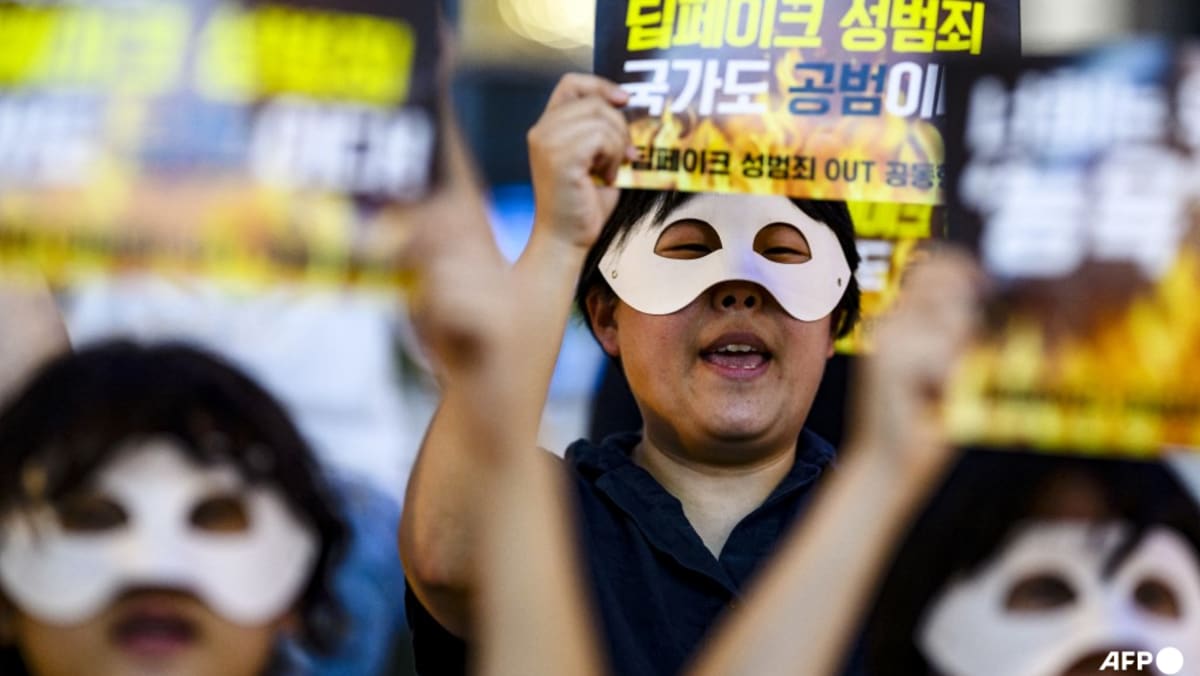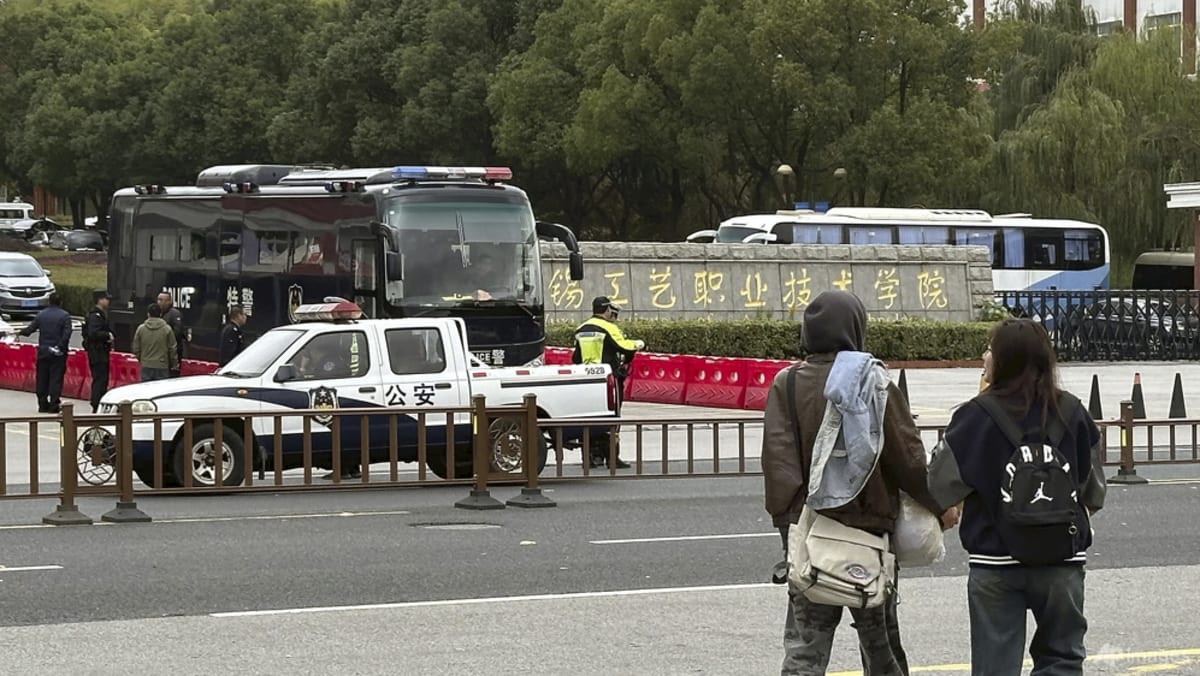Commentary: South Korea is facing a deepfake porn crisis

ENTRENCHED GENDER BIASES
Yoon is right. This isn’t just a prank, and the impact of this type of digital sexual violence can be devastating for victims.
A lot of the blame is rightly being placed on Telegram, especially as the scandal is coming to a head at the same time as the platform’s chief executive officer Pavel Durov has been arrested and charged in France for alleged complicity in crimes, including the sharing of child pornography, committed on his app. Korean authorities said Telegram is cooperating with the investigation and requests to remove content.
But Yoon’s words will ring hollow for some, given he came to power in 2022 courting young male voters with proposals to scrap the gender equality ministry, which he accused of treating men like “potential sex criminals”.
He also claimed that systemic gender discrimination does not exist in South Korea, and implied feminism was to blame for the country’s low birth rate. Meanwhile, women earn some 30 per cent less than their male counterparts, marking the highest gender wage gap in the developed world. Even in dual-income households, women bear the brunt of housework and childcare responsibilities.
And before the recent crop of AI tools made generating deepfake explicit images much easier, advocacy groups had been drawing attention to a rash of digital sex crimes, usually involving non-consensual intimate images or hidden cameras.
There is a host of reasons that South Korean women, like their counterparts across the developed world, are choosing not to have children, including rising participation in the labour force and the uneven toll of raising children. Rather than blame feminism, it might be more useful to look at this mountain of deeply troubling data. Ironically, one of the main Telegram groups spreading these images reportedly had some 227,000 members – that’s roughly on par with the number of babies born last year.
Source: CNA













